Why Tell Your Story
“There is a vitality, a life force that is translated through you … and because there is only one of you in all time, this expression is unique. If you block it, it will be lost.” —Martha Graham
We are all walking archives of experiences, images, epiphanies, longings, regrets—stories. Our desire to share and record what we carry within binds us to our families and friends and fills our library shelves. Which of the reasons described below resonate with you? Which ones might help you convince your loved to tell their stories?
To honor loved ones and preserve their stories
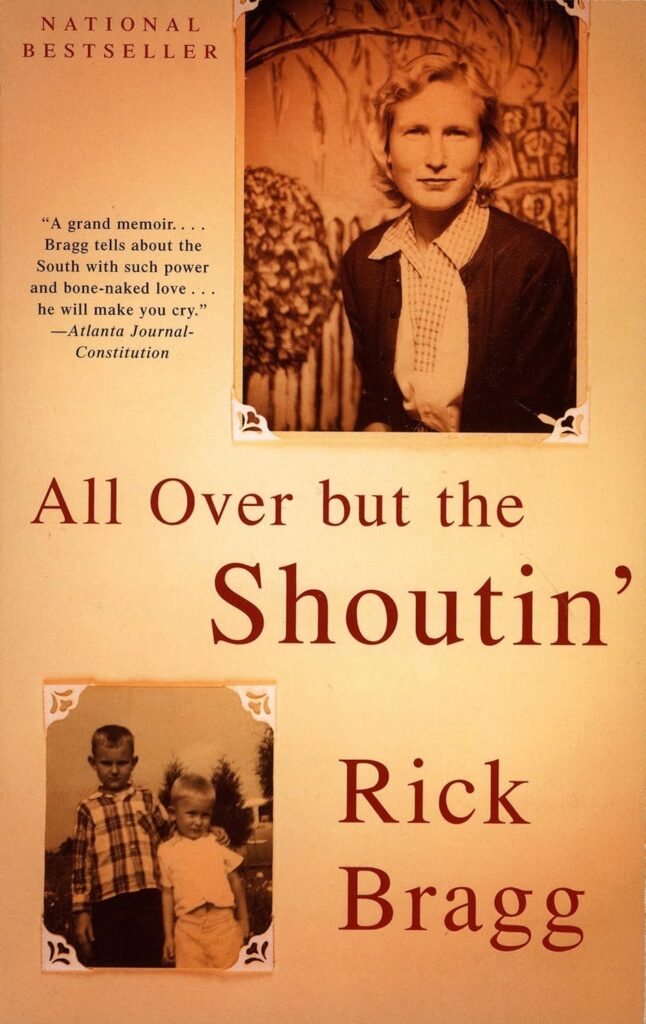
An unrecorded life can easily be forgotten within two generations. Do you know as much about your great-grandmother as you want your great-grandchildren to know about you? Let your memories fill a book’s pages with stories and musings. Let scattered photos and letters complement your narrative.
Pulitzer Prize winning author Rick Bragg was inspired to write All Over But the Shoutin’ to honor his mother, who navigated poverty, fled abuse, and embraced motherhood. Whatever sorrow, challenge, or success Bragg meets, he always returns to his mother, thankful for her strength and her love.
To bridge generations
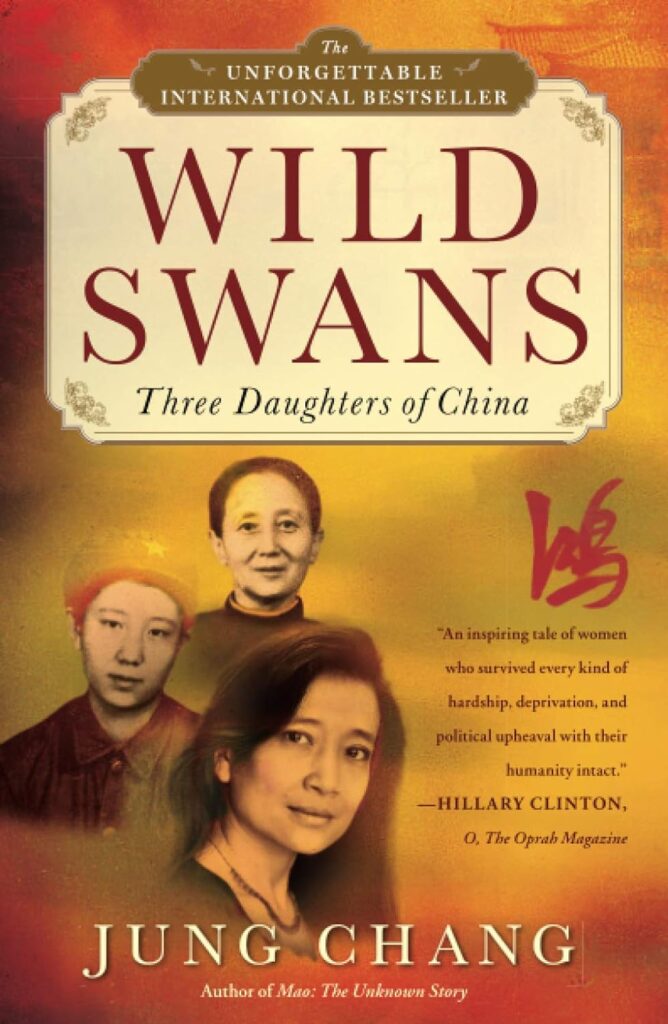
Whether or not you know very much about your grandfather who passed on the family business to your father or your Aunt Melissa whose china you use every Thanksgiving, they are your kin. Their genes are yours. Their experiences have shaped your life just as yours will influence the generations that will follow. You can be the bridge that connects the past to the present.
Jung Chang, in Wild Swans: Three Daughters of China, tells the reader of her grandmother, a concubine of a warlord; her mother, a former leader in the Communist Party; and herself, an once-avid supporter of Mao. All three generations were linked to and betrayed by the political forces of the time, and each fought against those same forces. Chang’s account of her family’s history links these three generations, helping her readers see the trajectory from China to England, where Chang is the Director of Chinese Studies at London University.
To educate

Tell your grandchildren about an era different from their own—before photos were digital and phones were cellular. Tell your children about how the Great Depression affected your parents and how the invasion of Pearl Harbor sent shock waves across the country. Unveil your memories of places, things, and people they have not seen—your hometown, your first car, and your favorite cousin. Tell them your reaction to Sputnik and Woodstock. By sharing your past, you bring it to life for them, for you.
When Martha Moore, a midwife from New England, wrote in her journal, it was not her intention to educate future generations about life in the mid-1700s in Hallowell, Maine. But thanks to her and to historian Laurel Thatcher Ulrich, author of The Midwife’s Tale, we have a vivid and personal account that breathes life into an era.
To help others
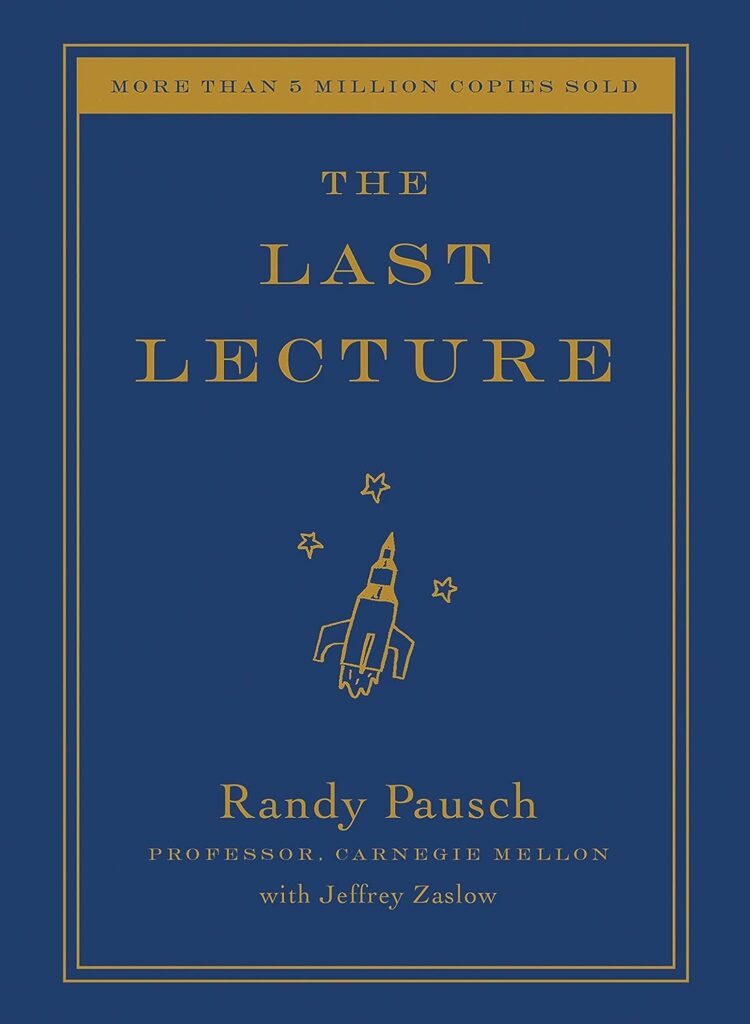
Consider all that you have learned across decades of parenting, enjoying friendships, making a living, and witnessing a multitude of changes in the world. Which decisions made a profound and positive difference in your life? What mistakes did you make that you want your children to avoid?
When Randy Pausch, a computer science professor at Carnegie Mellon, learned he had pancreatic cancer and had less than a year to live, he wanted to give his three children something that only he could: his reflections about what matters most. In his book The Last Lecture, he wrote what he would not be able to tell his children as they grow up without him. His intended audience, and anyone else who has the good sense to read his book, will benefit from his wisdom.
To mend relationships
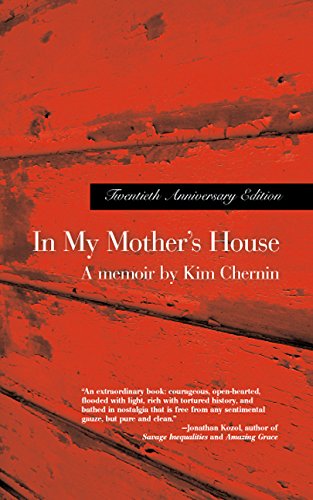
Combining your own memories with those of others can help you consider various ways of seeing the same events and the same people. These additional layers can deepen your compassion, repair relationships, and transform perspectives.
In her memoir In My Mother’s House, Kim Chernin moves back and forth between her own story and her mother’s, highlighting their irreconcilable political beliefs and conflicting views of the past. As she lets her mother’s voice speak in concert with her own, the two find a way to be together and to love each other despite their differences.
To discover yourself
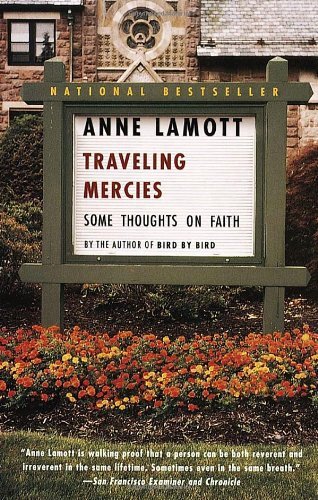
Writing your life story gives you an opportunity to look within. You can ask yourself difficult questions and explore who you were at different stages in your life. You can look at the landscape of your life to find the scenes, moments, and relationships that stand out. As you revisit them, your sense of self and of the world you have traveled in will take on deeper colors and richer textures.
Essayist Anne Lamott, in Traveling Mercies, examines her own life with candor and humor. Whether she’s writing about being a neurotic single mom, a left-wing Christian, a passionate writing teacher, or a recovering alcoholic, she shows what it means to be honest and forgiving about where she’s been and hopeful about where she’s trying to go.
To declare your unique truth
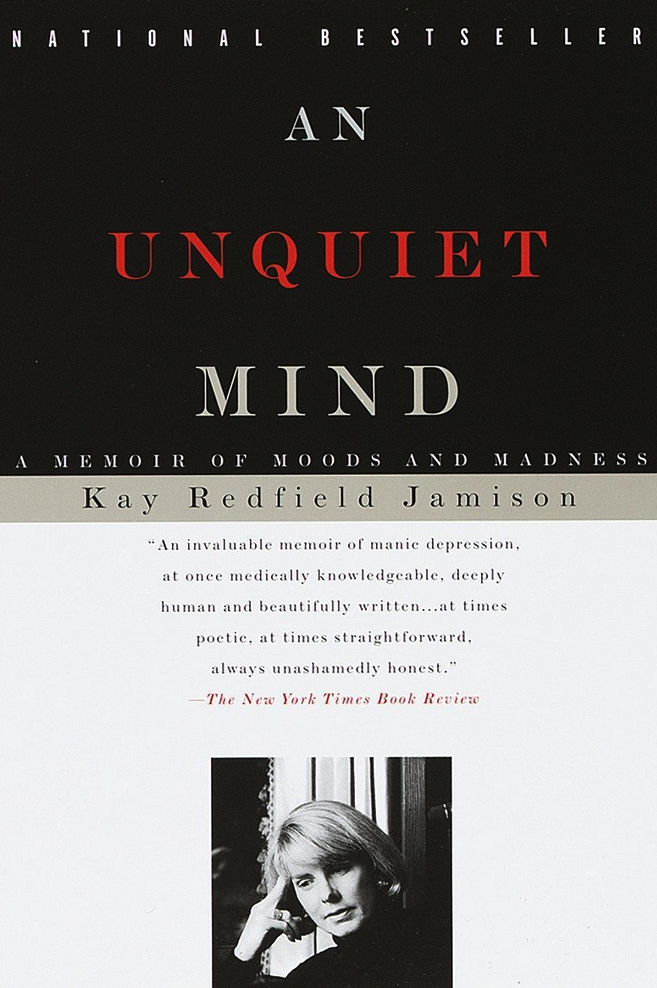
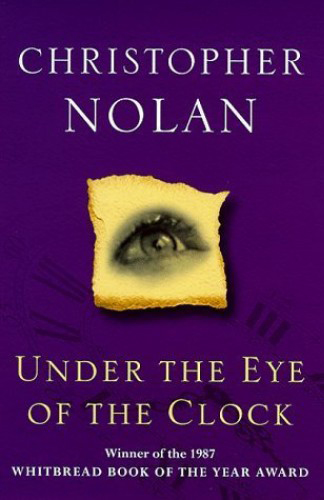

To one degree or another, each of us feels separate and unique. You are the only one who has access to that private sense of individuality. And whatever its source, declaring it can be liberating for you and revelatory for others. Consider what makes you feel different. Consider what it would mean to reveal that distinction to others.
Richard Rodriguez, who spoke Spanish at home and English at school, feels alienated from his Mexican family and his new home, Sacramento, Caliornia. In The Hunger of Memory, Rodriguez shows us what it means to feel different wherever he goes.
In Under the Eye of the Clock, Christopher Nolan, who cannot speak or move anything other than his head, writes about life in a wheelchair and in a mind that can soar and sing.
Kay Redfield Jamison’s mind takes her to exhilarating mountaintops and terrifying chasms. In her memoir An Unquiet Mind: A Memoir of Moods and Madness, she maps out her experience of being bipolar.
To heal
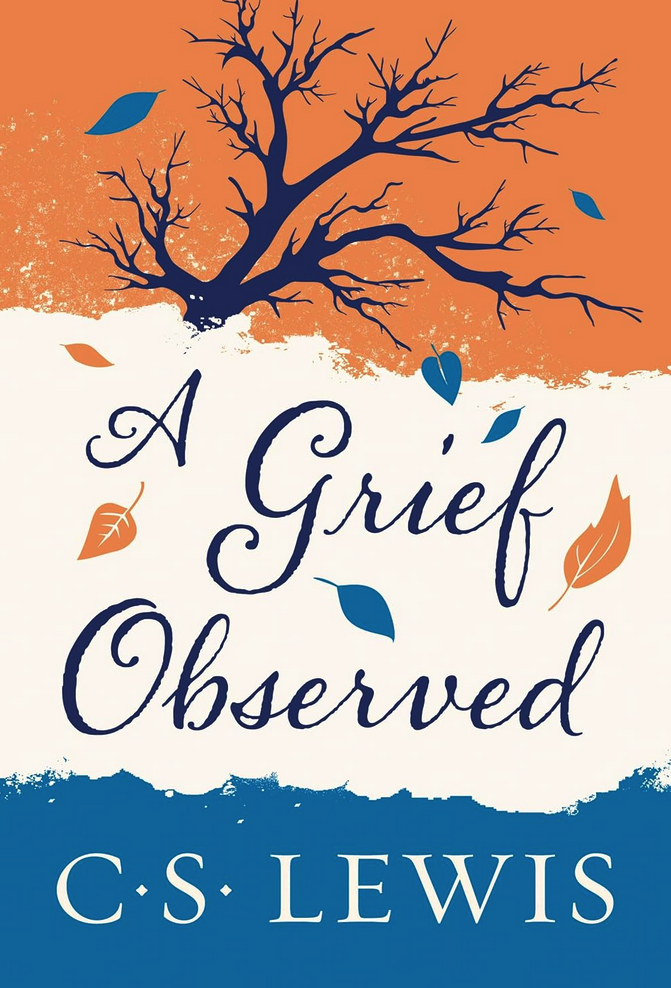
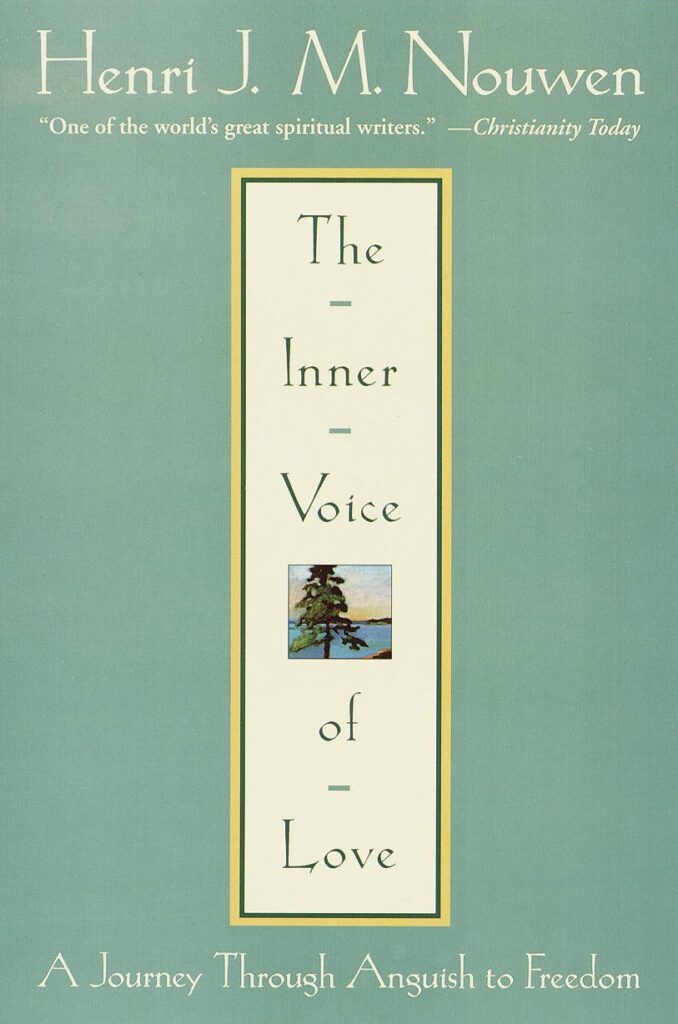
Injuries to our hearts, egos, and bodies all hurt—just in different ways. Whatever the location or cause of the injury, writing can be a balm. The mere act of expressing can loosen our pain and open our hearts.
When Henri Nouwen, a Catholic priest and author, became clinically depressed, he took to his journal in search of God and of himself. While no single entry lifted the heavy darkness, the daily act of writing eventually did. After a friend of Nouwen’s read his entries, she urged him to share these healing words with others. The result is a gift to every reader: The Inner Voice of Love: A Journey Through Anguish to Freedom.
When his wife dies of cancer, C.S. Lewis loses not only his beloved but also the way he walked in the world and the God he thought he knew. In A Grief Observed, he lays it all bare: first his grief, doubts, and despair, and then his fledgling efforts to find his way. His plea to feel whole again does not go unanswered.
